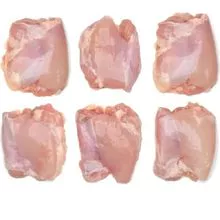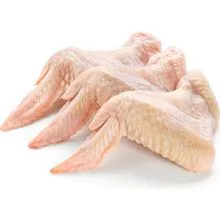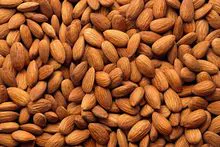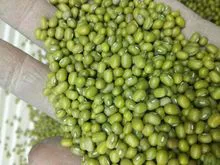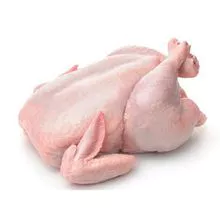Description
Marine oils are specialized lubricants designed to meet the rigorous demands of marine environments. These oils provide exceptional protection and performance for marine engines, gear systems, and other equipment operating under extreme conditions, including saltwater exposure, high humidity, and varying temperatures.
Benefits of Marine Oils:
Enhanced Protection: Offers superior protection against corrosion, wear, and rust in harsh marine conditions.
Thermal Stability: Maintains performance under high operating temperatures, preventing oil breakdown.
Oxidation Resistance: Prevents oil degradation and sludge formation, ensuring engine cleanliness and efficiency.
Water Separation: Excellent water separation properties to prevent emulsification and maintain lubrication performance.
Extended Engine Life: Reduces friction and wear, prolonging the lifespan of marine engines and components.
Types of Marine Oils:
Marine Engine Oils:
Applications: Outboard engines, inboard engines, and marine diesel engines.
Benefits: Provides high detergency, dispersancy, and protection against piston deposits and ring sticking.
Marine Gear Oils:
Applications: Gearboxes, transmissions, and stern drives.
Benefits: Contains extreme pressure (EP) additives for superior load-carrying capacity and wear protection.
Marine Hydraulic Oils:
Applications: Hydraulic systems in marine vessels, including steering and deck equipment.
Benefits: Excellent anti-wear properties, thermal stability, and resistance to water contamination.
Marine Greases:
Applications: Bearings, winches, and other equipment exposed to marine environments.
Benefits: High resistance to water washout, corrosion protection, and long-lasting lubrication.
Two-Stroke Marine Oils:
Applications: Two-stroke outboard engines and other two-stroke marine engines.
Benefits: Provides superior lubrication, reduces deposits, and ensures clean burning.
Production Process:
Base Oil Selection: Choosing high-quality base oils that offer the desired viscosity and performance characteristics for marine applications.
Additive Blending: Incorporating performance-enhancing additives such as detergents, dispersants, anti-wear agents, corrosion inhibitors, and antioxidants.
Quality Control: Rigorous testing of the finished marine oil to ensure it meets industry standards for performance, stability, and protection.
Packaging: Packaging in appropriate containers to maintain product integrity and ease of use.
Application Guidelines:
Engine Oil Change: Follow manufacturer’s recommendations for oil change intervals to maintain optimal engine performance.
Gear Oil Application: Regularly check and change gear oils to ensure smooth operation and protection against wear.
Hydraulic System Maintenance: Periodically replace hydraulic oils and filter elements to maintain system efficiency and reliability.
Proper Storage: Store marine oils in a cool, dry place away from direct sunlight and contaminants.
Safety Considerations:
Handling: Use appropriate personal protective equipment (PPE) such as gloves and goggles when handling marine oils.
Storage: Store marine oils in a cool, dry place away from direct sunlight, moisture, and contaminants.
Spill Management: Implement procedures to manage and clean up accidental spills and leaks safely.
- Marine Oils
- Marine Oils in bulk
Production Capacity:
10000
Delivery Timeframe:
Within 30 Days
Incoterms:
CFR - Cost and Freight
CIF - Cost, Insurance and Freight
Packaging Details:
Not informed
More about
Page Global Consultants
10-50
Employees
2M - 10M
Sales volume (USD)
90%
% Export sales
Year
Established
Business type
- Industry / Manufacturer
- Importer / Trading Company
- Representative / Agent
- Distributor / Wholesaler
Keywords
- Nuts
- Grains
- Meat
- Animal Feed
- Grains
- Oil
- Soybeans
- Corn
- Feed
- Fertilizer Ver Mais
Contact and location
-
MABUNGU TSAKALA PATRICK
-
+27 xxxxxxxx
-
GQEBERHA / EASTERN CAPE | South Africa














